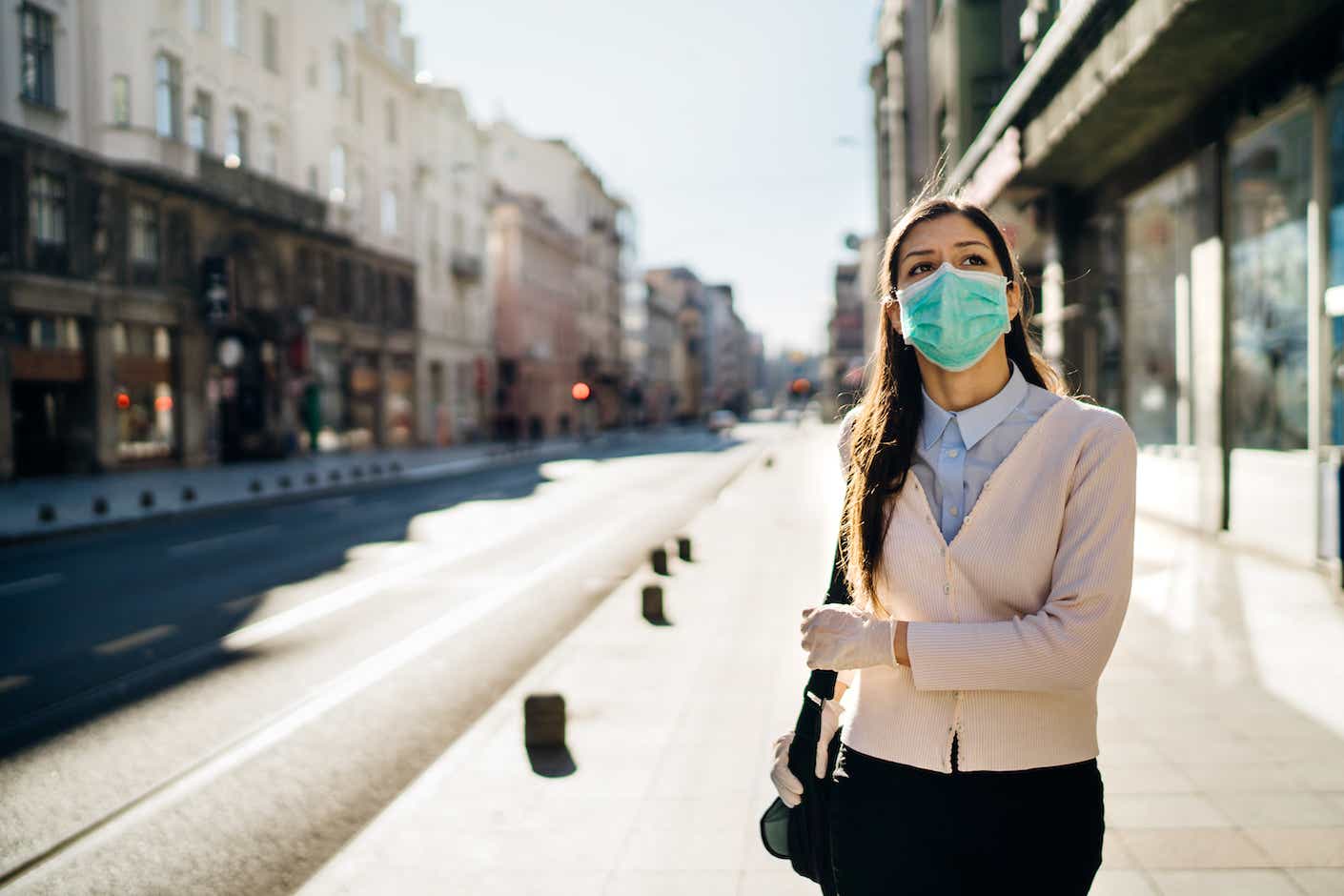Just because the holidays are here, doesn’t mean that issues surrounding women’s health have hit pause. Our resident women’s health expert Dr. Rebecca Brightman took the time to share some of the most common issues that women have been coming to her with during the pandemic, why she thinks these issues are becoming more prevalent and what to do about them.
Since this pandemic started, women have been coming to me with a number of new issues. I’m hearing a lot of breast tenderness, not necessarily just from women who are perimenopausal. Some of them are post-menopausal. There may be a scientific reason, but I have recently heard more women than usual who are concerned about that, and they have to be appropriately evaluated. The overwhelming majority of women who have breast tenderness likely do not have breast cancer, but I would still suggest having a breast exam. It’s probably a hormonal issue, getting checked out is crucial, even if it’s just for your own peace of mind.
The other thing I'm seeing a lot of are urinary symptoms. Sometimes it’s a urinary tract infection, and if it is we’ll treat that, but often it’s not. I think a lot of this is stemming from prolonged sitting, and the easy access one has to a bathroom that makes many women feel like, “oh, I have to go.” I'm seeing more of what we call urgency and frequency, not necessarily associated with infections. It may be because the pelvic floor, which includes muscles that support the bladder, the vagina, and the rectum, have become overactive from prolonged sitting and the lack of change in one’s daily routine. But if you have symptoms of a urinary infection, you have to address it. Do not be put off because of the pandemic. Go to urgent care, or call your doctor.
In terms of general questions about the menopausal transition, there's a book that I recommend to patients called Estrogen Matters. Some people might find controversy with it because it's very pro-hormones, but if that’s something you’re open to it might be helpful. In addition, the North American Menopause Society has a lot of excellent, free, and accessible evidence-based information. So for those who don't have prolonged access to a physician and want to be informed before they go in for their five minute visit with the doctor, that is a great place to arm yourself with information so you can ask the right questions.
I’ve also had a number of women come to me to ask about recent hair loss. There is evidence that Covid-19 may cause hair loss. I don't know the relationship between hair loss and the virus, but we know for sure women lose hair during times of stress. It’s a condition called telogen effluvium, and it's very common. Plus there is definitely a hormonal component. Many women start to lose hair during the menopausal transition. So for this woman, unfortunately it sounds like the perfect storm. A lot of women get into their 50s and they'll say, “My hair is really thinning.” And the first question I ask is, “What are the hair patterns of the women in your family?” Even if your mother or grandmother’s hair is very thin, the good news is that there are oral medications and some topical medications that can be used, as well as some nutritional supplements that have proven efficacy. So speak to your physician. Going on estrogen might help, but if that’s not a possibility for you, I would suggest taking biotin. The other thing is, while we can blame things on the pandemic, and menopause, and heredity, it's important to have lab work done. Anemia, thyroid abnormalities and certain vitamin deficiencies can also play a role with hair growth and hair loss.
I think women should be reassured that I'm seeing so much of this in my practice, and I think it’s in large part due to the pandemic. Women on estrogen tend to not lose their hair — it can really help stabilize things. But you have to remember that every organ system in the body is affected by hormones, and losing hair as you transition through menopause is totally normal.
Finally, a number of my patients have asked about new outbreaks of acne, or “mask-ne.” Acne because of stress, but also because of mask wearing and sweating. I think a lot of us feel like we’re 16 again, but not in a good way! If it’s a huge issue, speak to a dermatologist, but also just make sure you’re cleansing properly and at regular intervals. Use an antibacterial wash, focus on good oral hygiene, and wash your masks!
This piece has been edited and condensed.









